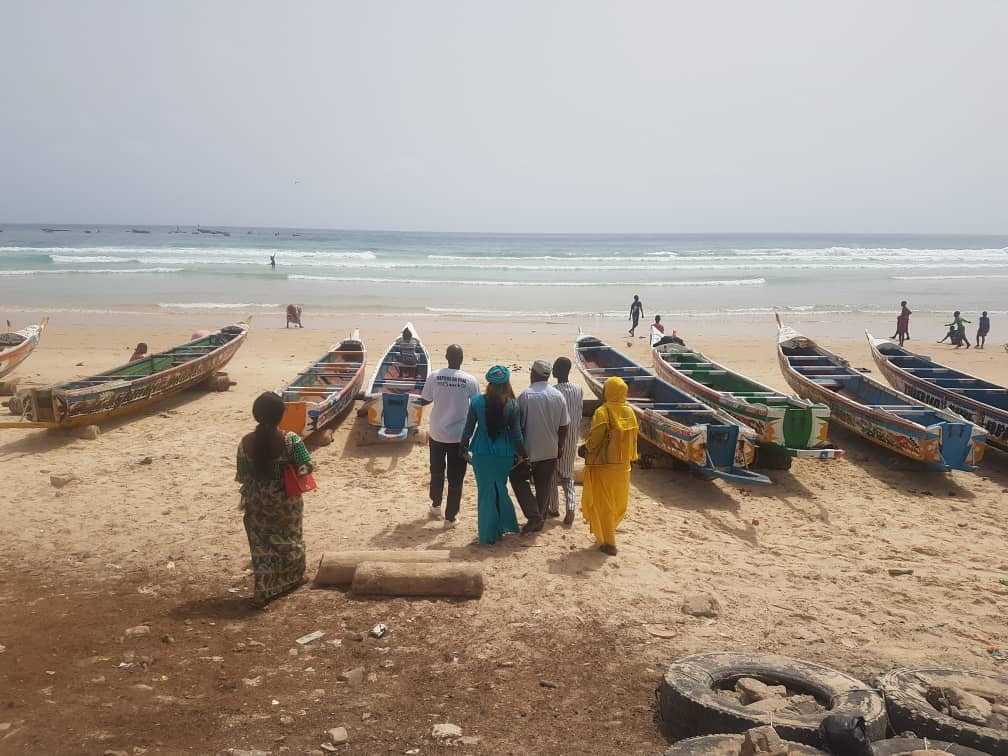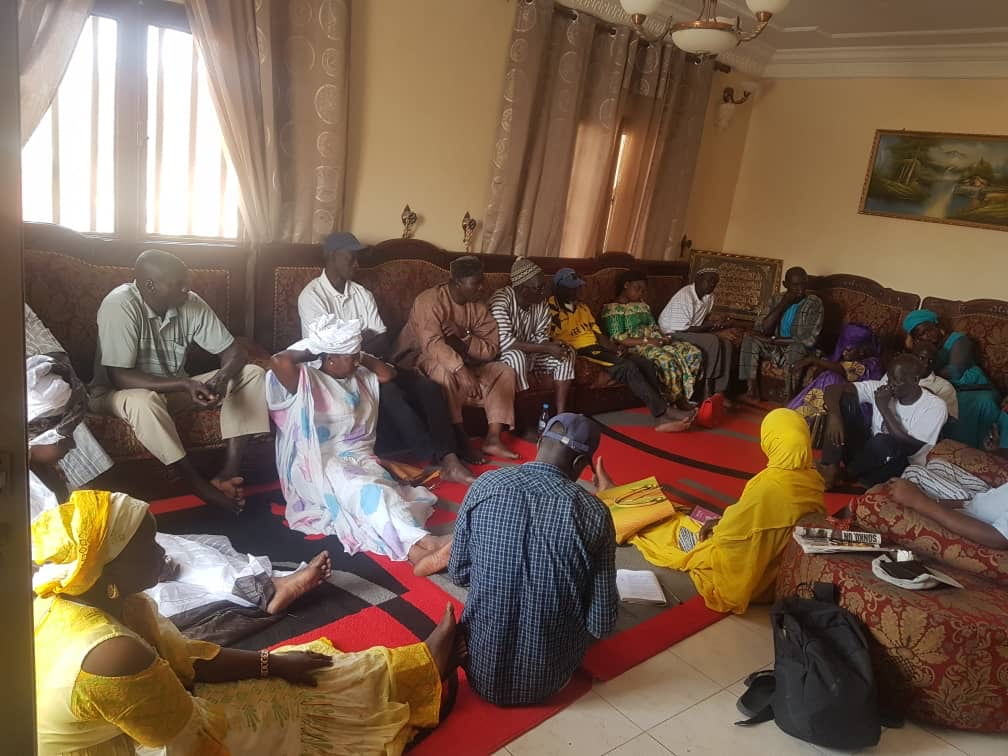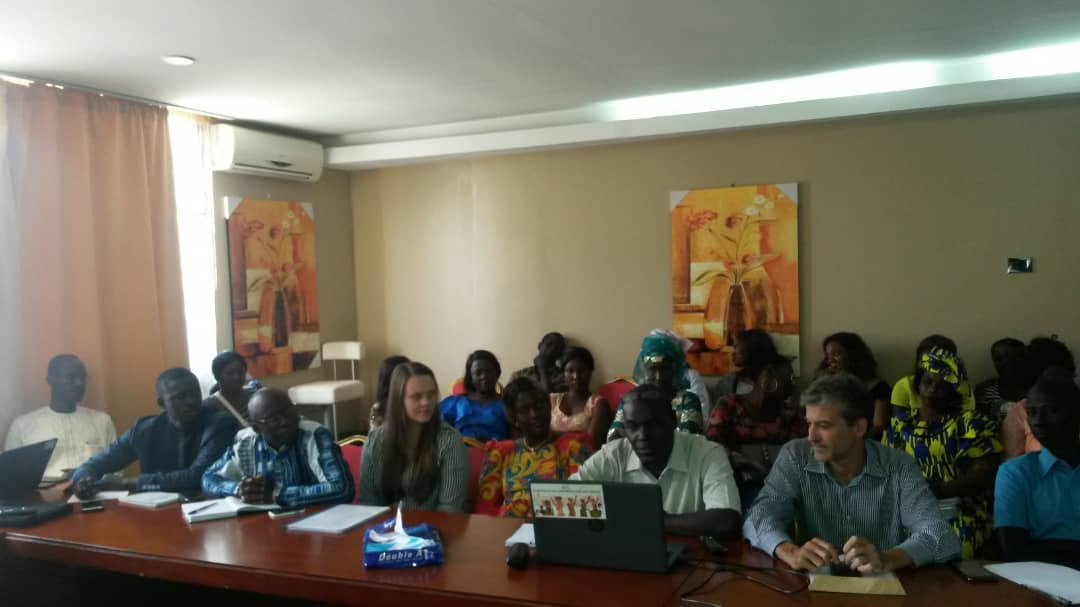Rachael Mattson
Women in Informal Employment, Globalizing and Organizing (WIEGO)
Dakar, Senegal
When I got to Dakar at the beginning of June, I had initially planned to spend the first month working full time as a research assistant for Rosalind Fredericks as part of her NSF grant on the politics of discard infrastructure in Dakar. This would act as an introduction to my own research as I would accompany her and participate in doing various interviews with waste pickers and other actors involved in the dump upgrade. Due to unforeseen circumstances, my advisor had to delay her trip, so I went ahead and started my internship with WIEGO a month early.
One of WIEGO’s main objectives is to help in creating spaces for consultation and exchange between authorities and informal workers’ organizations. This works to improve relations for more inclusive policies and practices. In addition, they also focus on research and advocacy to improve access to social protection and public services; analyzing existing local regulatory frameworks and administrative law principles, creating networks of lawyers, informal workers’ organizations, researchers, etc.; and capacity building. Dakar is one of WIEGO’s five focal cities. The first day was an opportunity to meet the Dakar Focal City team which consists of Adama Soumare and Maguette Diop, and that first meeting gave me a taste of the vast scope of WIEGO’s activities in Dakar.
They work with nine different sectors, one of which is waste pickers, which is where we established I would primarily be focusing my efforts over the course of the internship. Dakar had more going on than any other city, which is a testament to the team’s diligence, commitment, and experience. The more time I spent with them, I also saw the huge amount of trust and respect that multiple informal workers’ organizations put in them. One of the benefits of the way in which WIEGO is structured is that it allows the teams in different cities quite a bit of flexibility to determine which activities are most important and where to focus the attention, which I felt was a great way to get around a lot of the limitations I have seen in other organizations that have narrow objectives imposed from the top down.
The team in Dakar had also recently done a law exposure dialogue program, to improve understanding of the local laws around informality and their rights, along with organizing exchanges with lawyers and other legal experts to better understand the experiences of informal work. This highlights the need to keep reflecting on local laws to see how to better manage these conflicts and spaces between authorities and workers.
When I fist went back to Dakar in June, there were a lot of changes happening around the question of waste pickers’ organizing. As part of WIEGO’s Reducing Waste in Coastal Cities Program (RWCC), Dakar hosted a West African waste pickers Workshop back in April. In a pilot attempt to assess how waste pickers can contribute to efforts to reduce pollution in coastal cities, I attended two exchanges between the waste picker association of Bokk Diom and a fisherman’s organization in Yoff to see the intersections and possibilities involved in such a partnership.


There had recently been an in depth study conducted by WIEGO and the University of Cheikh Anta Diop’s Geography Department on the situation of waste collectors at Mbeubeuss. I got to attend the presentation of the study where multiple actors involved were present, and most importantly multiple representatives of waste pickers themselves were included in every step of the process, who expressed their approval of the study. This addresses one of the main limitations of not having data or information about the informal economy, which makes it easy to justify ignoring informal workers’ concerns and significance. After the presentation, we also spoke with a representative of the ILO who wanted to work with WIEGO and Bokk Diem to turn the recommendations into a full action plan.
